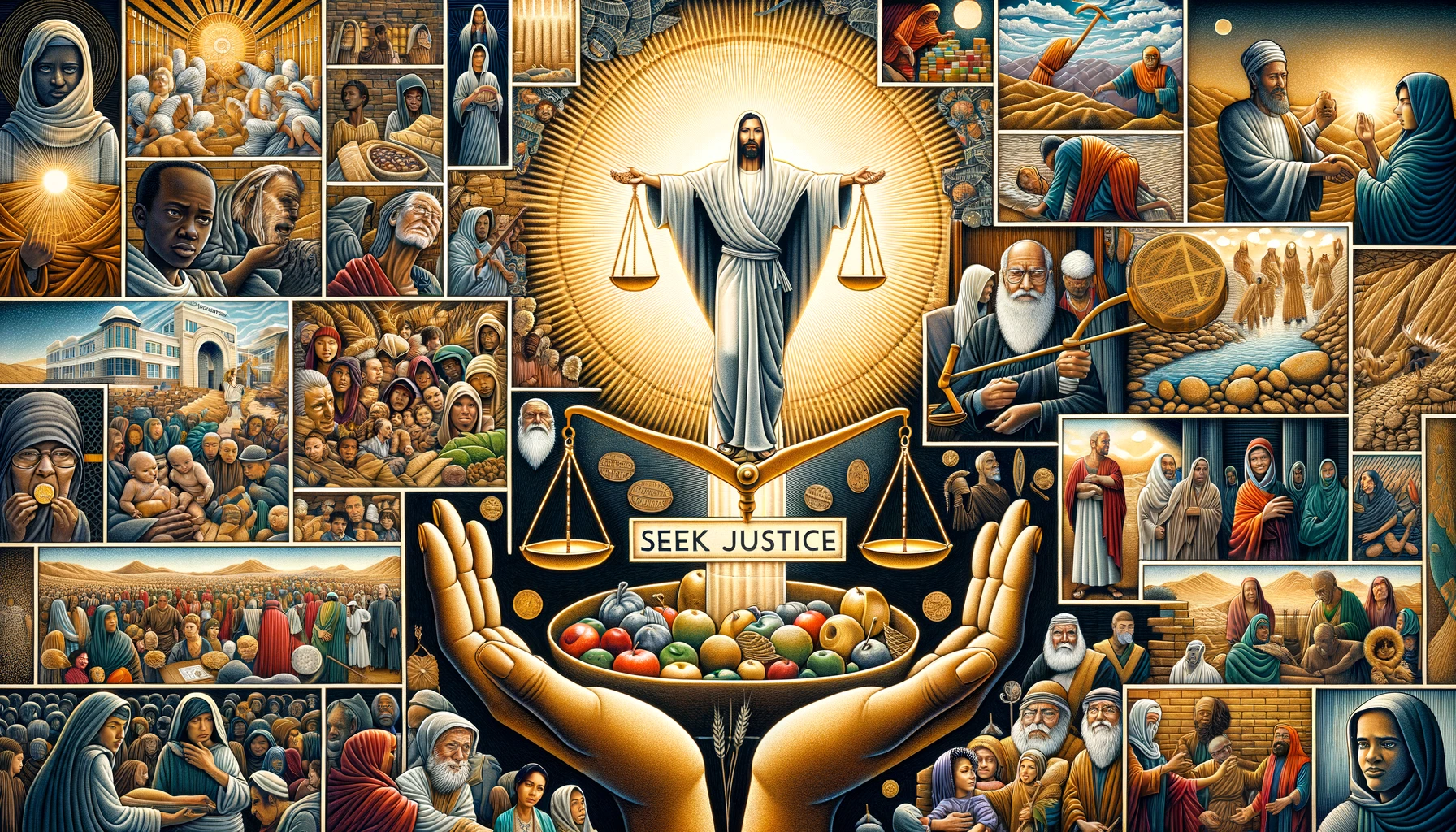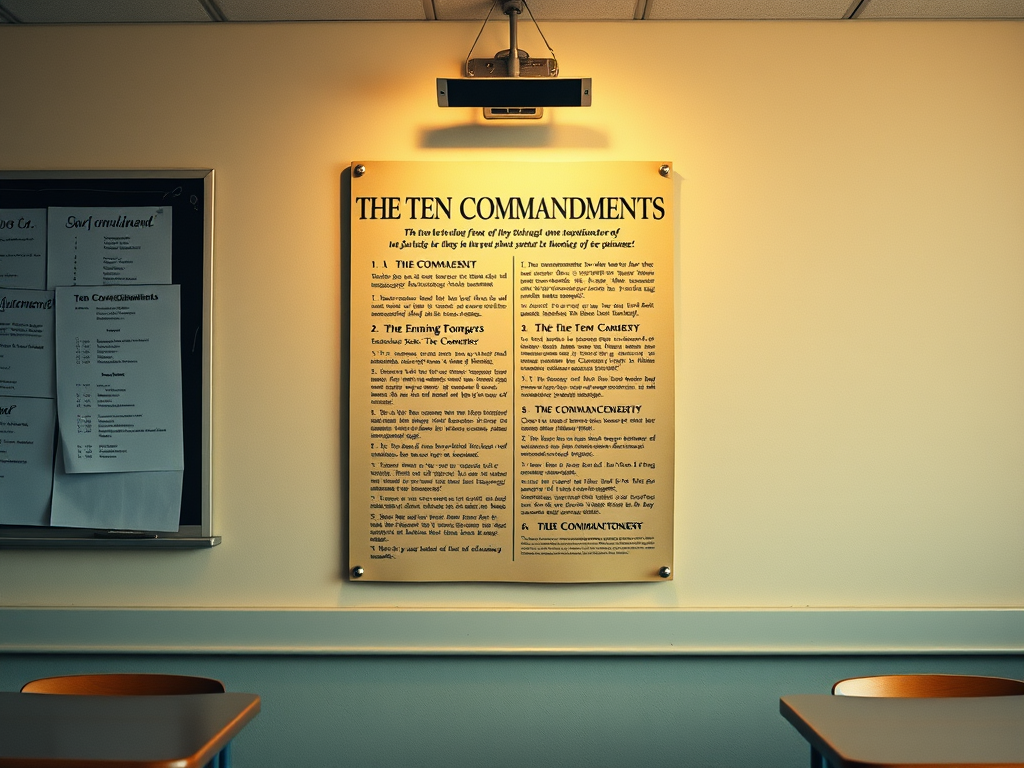
Not all sunsets are the same, are they? The soft wisps of pastel hues painting the sky in one place differ from the fiery reds and vibrant oranges blazing in another. Each is a masterpiece of God’s creation, distinct yet beautiful in its unique composition. In the same way, not all Christians share the same perspectives, beliefs, and interpretations, and yet, all belong to the grand and vibrant tapestry of faith.
Not all Christians are conservative. While it’s true that many hold traditional views, emphasizing established norms and restraint, a vast number of Christians have a much more progressive approach to their faith. Advocating for social reform, equality, and modernity, these believers see God’s love and mercy through a different lens, showcasing the beautiful variety within Christianity.
Not all Christians are evangelical. The word ‘evangelical’ may conjure images of passionate missionaries and revival meetings, and while evangelicals are indeed an integral part of the Christian family, they represent just one facet of it. Many Christians identify as mainline Protestants, Catholics, Orthodox, or belong to other denominations, each with their distinct traditions of faith, worship, and community. While one type of Christianity gets a lot of press, it isn’t actually a representation of even the majority of the faith.
Not all Christians are fundamentalists. Some adhere to a literal interpretation of the Bible, seeing each word as inerrant and unchanging. Yet, many others engage with the Scriptures in a more nuanced way, interpreting them metaphorically, allegorically, or historically, understanding the Bible in light of its cultural and historical context.
Not all Christians are anti-gay. In a world where acceptance of different sexual orientations can be a point of contention, there are countless Christians who stand as allies to the LGBTQ+ community. Believing in Christ’s command to love all, they extend this love to everyone, regardless of sexual orientation, recognizing that all humans bear the image of God.
Not all Christians are anti-trans. Recognizing the diversity of gender identities, many Christians express love and acceptance towards transgender individuals. These believers understand that all people, regardless of gender identity, are created in the image of God and are deserving of love and respect.
Not all Christians are creationists. The intersection of faith and science is a vast field, and many Christians are comfortable standing in this intersection. These believers embrace scientific theories like evolution and an old universe as complementary to their faith, seeing them as tools to understand the intricate work of God in the natural world. They see the hand of God not in opposition to science but intertwined with it, as the source and sustainer of the natural laws that science studies.
Not all Christians are anti-science. Christianity has a multitude of scientists, engineers, doctors, and researchers who see the pursuit of scientific knowledge as an essential part of their faith journey. They view scientific inquiry as a form of worship, a way to marvel at the complexities and wonders of God’s creation.
Finally, not all Christians interpret the Bible literally. As we have seen, many engage with the Bible in a range of ways, seeking to understand its truths while acknowledging its ancient origins and cultural context.
So, as the sunsets differ yet remain beautiful in their unique composition, remember there are diverse hues of the Christian family. If you’ve been burned by one flavor of Christianity, we encourage you not to throw the baby Jesus out with the bathwater. Just like your family may have a toxic relative or two, so does the Christian family. But, the cornerstone of the Christian family is Christ, and His love is perfect, regardless of what you may have seen or experienced from some of the branches of this massive family.







